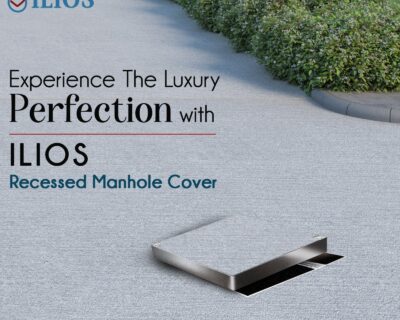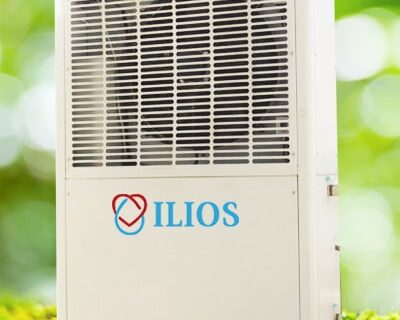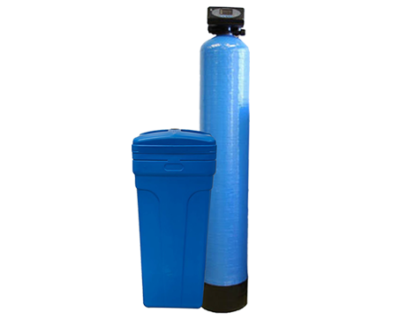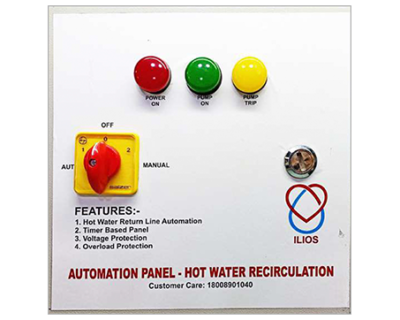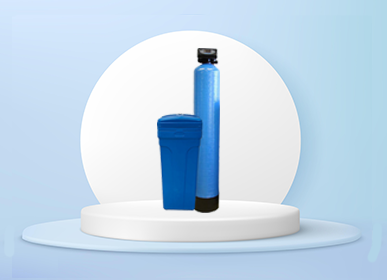
Why You Need a Water Softener: Benefits and Types Explained
Water softener have become essential in many households due to hard water issues. Hard water, which contains high levels of minerals like calcium and magnesium, can lead to a variety of problems, including scale buildup, reduced appliance efficiency, and dry skin. In this blog, we’ll explore everything you need to know about water softeners—what they are, how they work, their benefits, and why you might need one.
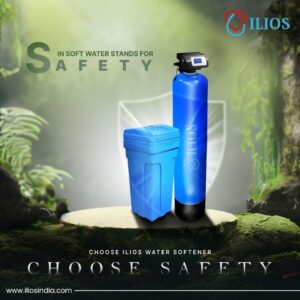
What is a Water Softener?
A water softener is a system designed to eliminate the minerals responsible for water hardness. By exchanging calcium and magnesium ions for sodium or potassium ions, it efficiently softens the water. Hard water isn’t necessarily harmful to your health, but it can cause long-term damage to your home’s plumbing, appliances, and even your skin and hair.
How Does a Water Softener Work?
Water softeners operate on a simple principle called ion exchange. Here’s a step-by-step guide to how the system functions:
Hard Water Enters the Softener: The hard water enters the water softener through a main supply line.
Ion Exchange Process: Inside the water softener, there’s a resin tank filled with tiny beads. These beads carry a negative charge and are coated with sodium or potassium ions. Since calcium and magnesium have a positive charge, they are attracted to the beads. The sodium or potassium ions are released into the water, and the hard minerals are trapped by the beads.
Regeneration: Over time, the beads become saturated with calcium and magnesium ions. The water softener goes through a regeneration process where it flushes the system with a concentrated salt solution, recharging the beads with sodium or potassium ions and removing the trapped minerals.
After this process, the water that flows through your pipes is now soft, making it gentler on your appliances, plumbing, and skin.
Benefits of Using a Water Softener
The advantages of using a water softener are numerous. Here are the top advantages you can look forward to:
- Protects Your Plumbing
Hard water can cause scale buildup inside your pipes, which reduces water flow and increases pressure on your plumbing system. Over time, this can lead to costly repairs or replacements. A water softener eliminates these minerals, helping to extend the lifespan of your plumbing.
- Improves the Efficiency of Appliances
Household appliances like washing machines, dishwashers, and water heaters work more efficiently with soft water. Hard water causes scale buildup, which forces these appliances to work harder, using more energy and leading to early wear and tear. Using a water softener can improve appliance performance and reduce energy costs.
- Softer Skin and Hair
Hard water can cause your skin to feel dry and leave your hair looking lifeless. The minerals in hard water strip away natural oils, which can irritate your skin and scalp. Soft water is gentler, leaving your skin softer and hair shinier.
- Saves You Money
By reducing the wear and tear on your appliances and plumbing, a water softener can save you money in the long run. You’ll spend less on repairs, replacements, and energy bills. In addition, soft water requires less soap and detergent, further cutting down on household costs.
- Prevents Stains and Spots
Hard water can leave unsightly stains on your sinks, tubs, and fixtures. It also causes spots on dishes and glassware after washing. Soft water eliminates these issues, keeping your home and dishes cleaner.
Signs You Need a Water Softener
Not sure if you need a water softener? Here are some common signs that your home may have hard water problems:
Scale Buildup on Appliances and Fixtures: If you notice a chalky, white buildup on your faucets, showerheads, or inside appliances, that’s a sign of hard water.
Dry Skin and Hair: Hard water can cause your skin to feel tight and dry after bathing, and it may also leave your hair looking lackluster.
Faded Clothes: Hard water can cause clothes to fade and wear out faster due to mineral deposits that get trapped in the fabric.
Stains on Sinks and Bathtubs: If you find rust-colored or whitish stains on your sinks or in your bathtub, it’s likely due to the high mineral content in your water.
Low Water Pressure: Scale buildup inside your pipes can lead to reduced water flow and lower water pressure throughout your home.
If any of these issues sound familiar, it’s a good idea to test your water hardness and consider investing in a water softener.
Types of Water Softeners
There are several types of water softeners to choose from, each with its own features and benefits:
- Salt-Based Water Softener
The most common type, a salt-based water softener uses sodium to remove hard minerals through the ion exchange process. It’s highly effective at softening water but requires regular salt refills.
- Salt-Free Water Softener
As the name suggests, a salt-free water softener doesn’t use sodium for the softening process. Instead, it conditions the water by crystallizing the hard minerals, preventing them from sticking to surfaces. While it doesn’t remove the minerals, it’s a good alternative for those looking to reduce scale buildup without adding sodium to the water.
- Dual-Tank Water Softener
This system comes with two resin tanks, allowing continuous water softening even during regeneration cycles. It’s ideal for large households or areas with very hard water.
- Magnetic or Electronic Water Softener
These devices use magnetic fields or electronic pulses to alter the properties of hard water minerals, preventing them from forming scale. They are easy to install and maintain but may not be as effective as traditional salt-based systems.
Conclusion
A water softener is an invaluable addition to any home struggling with hard water. Not only does it protect your plumbing and appliances, but it also enhances your quality of life by providing softer skin, shinier hair, and cleaner clothes. Whether you’re experiencing the typical signs of hard water or simply want to improve the efficiency of your household appliances, investing in a water softener can bring long-term benefits.

